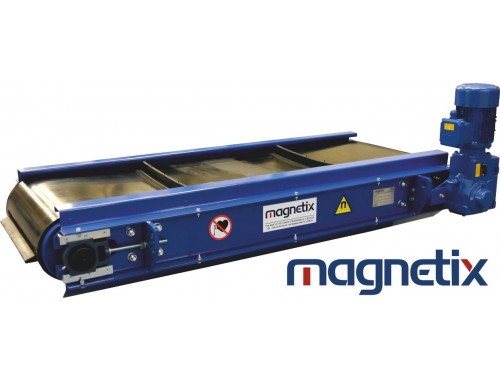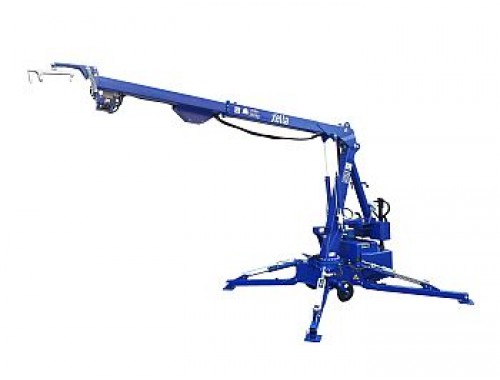What are the requirements for driver work in Polish transport companies?
The requirements for work as a driver in Polish transport companies are extensive and encompass various legal and professional aspects. Drivers play a crucial role in the global supply chain, requiring compliance with specific criteria to safely and effectively perform their duties.
First and foremost, drivers must possess the appropriate driving licenses corresponding to the type of vehicles they operate, such as category C for trucks or category D for buses. Obtaining these licenses involves specialized training and passing exams. Additionally, professional drivers are required to hold a driver card, obtained after completing training and passing examinations.
Health requirements are also essential. Drivers must undergo regular medical examinations to confirm their fitness to drive safely. These examinations include assessments of general health, vision, hearing, and mental health. The purpose is to ensure that drivers are capable of performing their duties without endangering themselves or other road users.
Professional skills are another crucial aspect of a driver's job. Besides driving skills, drivers must possess in-depth theoretical and practical knowledge of traffic regulations, vehicle technical aspects, and road safety principles. Ongoing professional training is necessary to obtain and maintain professional qualifications, covering topics such as first aid, emergency procedures, and the handling of specialized vehicle equipment.
Safety in the workplace is a top priority governed by both national and international regulations. Drivers must adhere to regulations concerning working and rest times, monitored through tachographs and driver cards. These regulations aim to prevent drivers from operating while fatigued, thereby reducing potential hazards on the road.
For international transport, drivers need to be familiar with international regulations and conventions governing road transport, such as the CMR Convention on international road freight transport. They must also understand requirements related to transport documentation (e.g., CMR consignment note), border procedures, and customs and tax regulations in transit countries.
Ensuring the safety of goods is another critical responsibility of drivers. They are accountable for the proper loading, securing, and unloading of goods to ensure their safety during transport. Specialized regulations govern the transportation of dangerous goods (ADR), regulating the transport and handling of materials that may pose health and safety risks.
Environmental considerations and sustainable development are increasingly relevant in the transportation sector. Transport companies invest in modern vehicles that comply with emission standards and promote eco-friendly transport practices such as reverse logistics and intermodal transport to minimize environmental impact.
Professional development for drivers is supported by Polish transport companies through additional training, refresher courses, and career advancement opportunities. This enables drivers to enhance their skills, acquire new qualifications, and progress in their careers.
In summary, working as a driver in Polish transport companies requires adherence to high standards of legality, health, and professionalism. Drivers play a crucial role in ensuring the efficiency and safety of the supply chain, providing timely and reliable transportation of goods in both domestic and international markets.
- Road transport
- Transport Technology
- Logistics, Freight Forwarding, Warehouses
- Maritime transport
- Interesting information
- Heavy transport
Interesting information
What are the requirements for driver work in Polish transport companies?

Source: https://www.poland-transport.eu

See also:

What are the requirements for driver work in Polish transport companies?
Drivers must undergo regular medical examinations to confirm their fitness to drive safely...

What are the permitted hours for transporting oversized loads in Poland?
The rules regarding the hours of transport for oversized loads vary depending on location...

How to organize sea transport?
Organizing maritime transport is a complex process that starts with meticulous planning...

What is Contract Logistics? Explains Fructus Transport
Logistics is - next to transport and forwarding - one of the most important branches of transport services...

Universal Transport successfully conducts test drive for Siemens Mobility
In addition to good planning and modern equipment, precise load securing is one of the most important...
Help needed ?
If you have not found the desired freight, an available truck or a suitable transport and forwarding company, or the search results are not satisfactory for you, do not hesitate to write to us to tell what you are looking for. We will send your inquiry directly to transport companies.
Write to us
Featured TSL industries
Featured companies the transport industry
ul. Wołczyńska 37
60-003 Poznań
60-003 Poznań
Phone+48 (61) 886 23 00
Fax.+48 (61) 886 23 01
Fax.+48 (61) 886 23 01
ul. Pyskowicka 16
41-807 Zabrze
41-807 Zabrze
Phone+48 697 982 189
Fax.+48 (32) 271 20 25
Fax.+48 (32) 271 20 25
ul. Bytomska 39
41-103 Siemianowice Śląskie
41-103 Siemianowice Śląskie
Phone+48 (32) 229 50 00
Fax.+48 (32) 229 50 20
Fax.+48 (32) 229 50 20

























